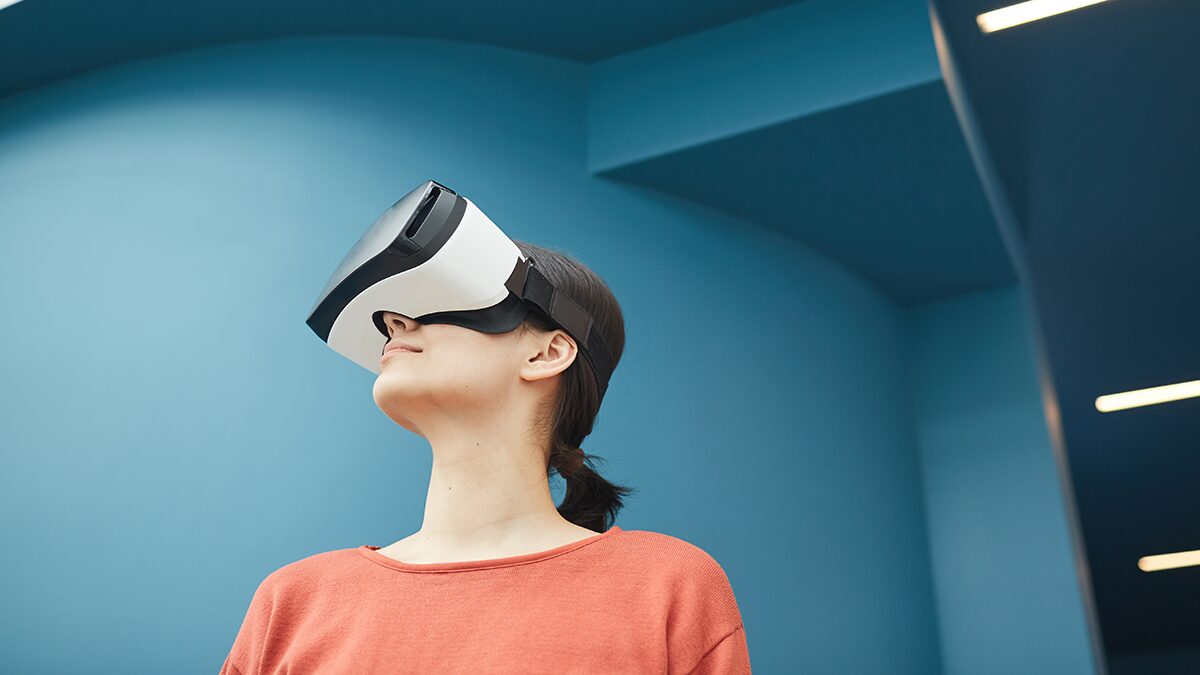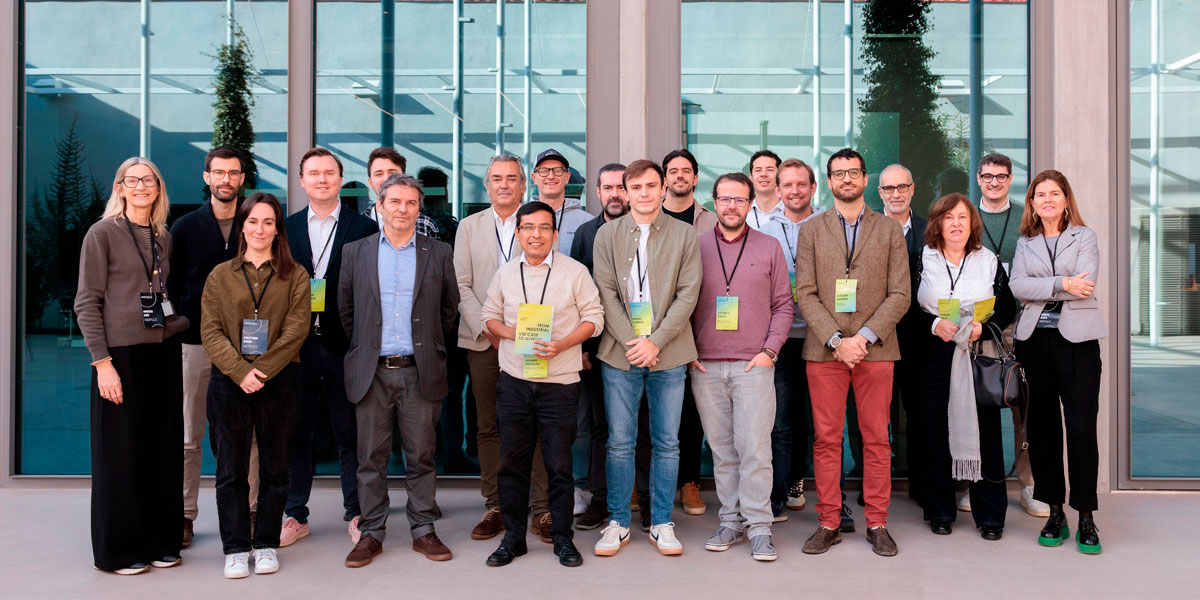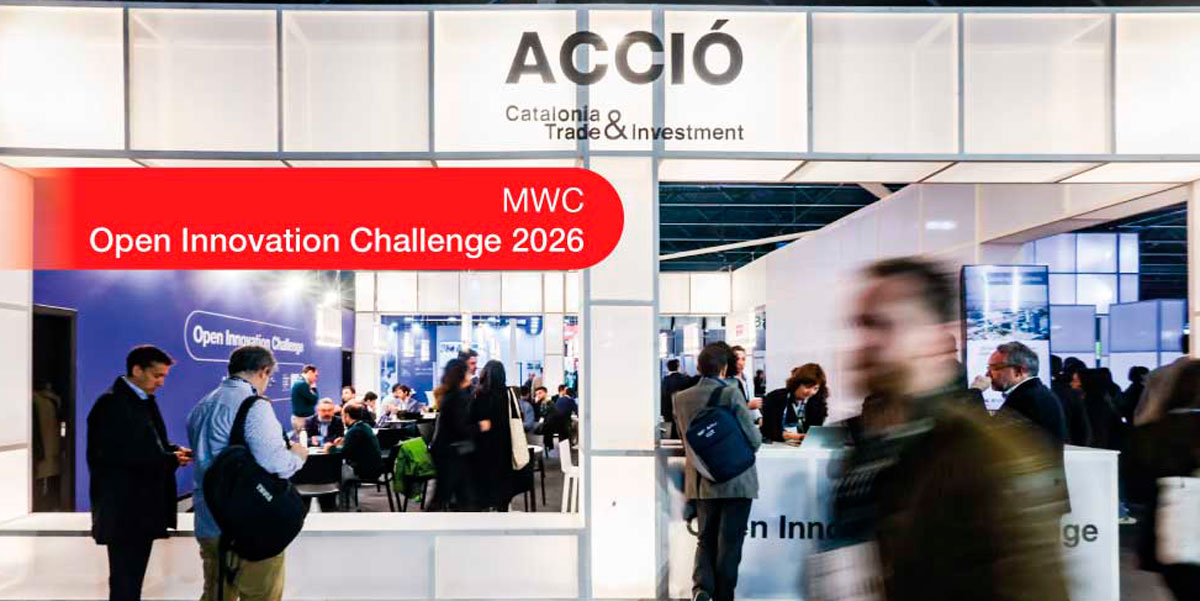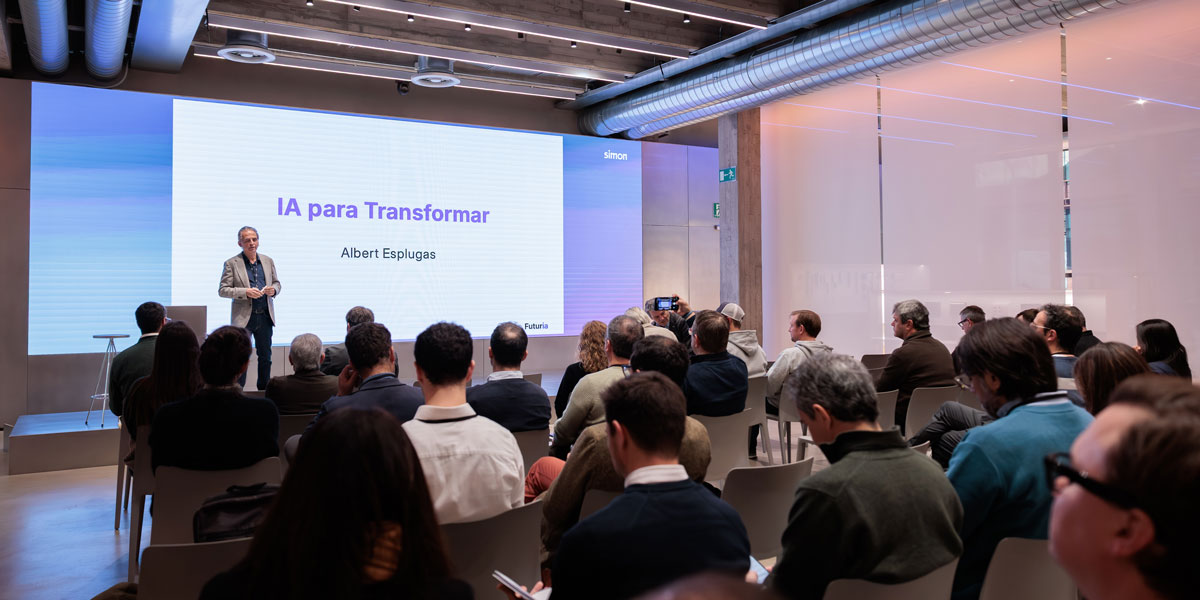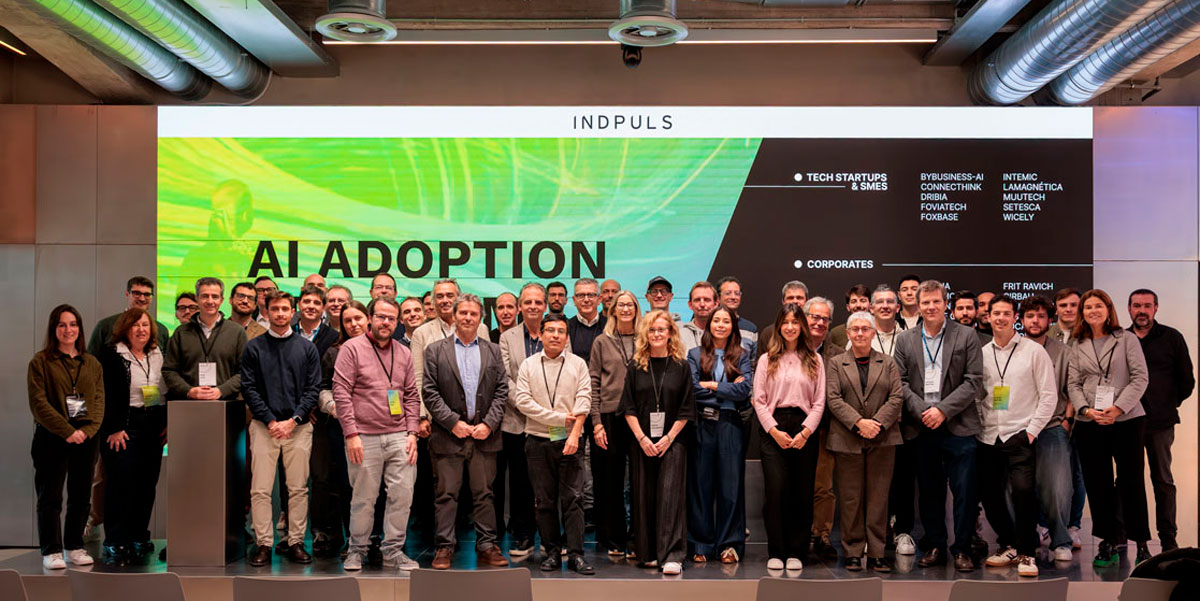Visit the MWC 2024 and 4YFN with Aleix Valls.
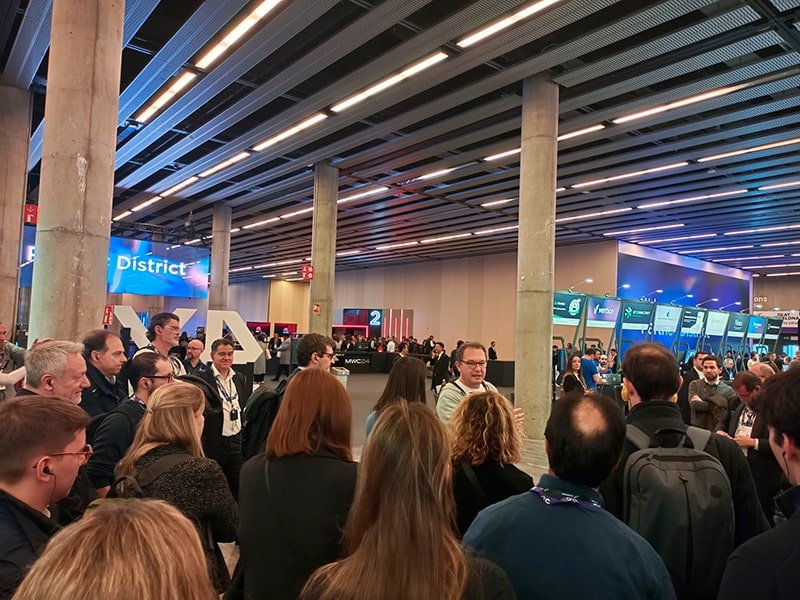

INDPULS couldn’t miss the world’s foremost technology and innovation event of the year. Hand in hand with Aleix Valls, CEO of Liquid and collaborator at Change2Grow, we visited the Mobile World Congress 2024 and 4YFN to delve into the primary trends in the telecommunications and Industrial Internet sectors. At INDPULS, we focused mainly on the 4YFN to connect with startups within the industrial ecosystem. Below, we share some of the key highlights from our visit.
The number of unique visitors to the MWC continues to grow.
4YFN, celebrating its 10th anniversary this year, continues to grow both in visitor numbers and in space allocated to providing visibility for tech startups, which in the early editions of the MWC had to compete with stands from large companies. This year, MWC has exceeded the figure of 100,000 unique visitors, with a record of 59,000 simultaneous visitors. At times, there have been over 50,000 concurrent connections to the Wi-Fi network. All this is in a space equivalent to 42 football fields and has an impact on the city of Barcelona of about 400 million euros.
Startups, sustainable technology, and supercomputing: a tour through 4YFN.
Our first stop was at the Tech Barcelona booth, where we visited several startups such as SeaBots, Abinsula, Earthpulse, Janah, and Omnios.
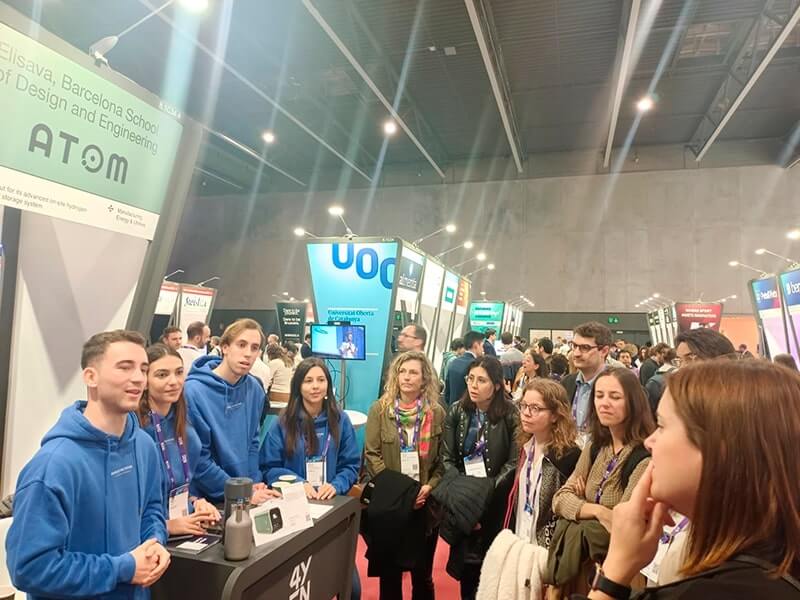
For its part, Elisava, School of Design and Engineering, presented two projects it is promoting: Atom, an electric generator that operates through hydrogen storage, and Biocel, a technology that transforms organic material into biodegradable filaments.
At the BSC (Barcelona Supercomputing Center), represented by all its spinoffs, we learned about the proposal from Qilimanjaro, the winner of the 4YFN 2024 Award. They aim to develop a quantum computer with advanced algorithms to address complex optimization problems across multiple industry use cases. Additionally, NearbyComputing was present, offering advanced IoT and 5G services applicable to Industry 4.0.
The Basque Government, through its BIND 4.0 platform, also participated in 4YFN with around twenty startups, many of them in the industrial sector. We were interested in getting to know them. The ones that caught our attention the most were Multiverse Computing, which provides solutions for quantum computing and artificial intelligence, Circular Replay, and Enkitek, for automation in the agricultural sector.
Industrial Internet: 5G, IoT, and Edge Computing.
The leading technologies that comprise the Industrial Internet are 5G, IoT, and Edge Computing. They enable connectivity between businesses and industrial processes through sensorization and digitization.
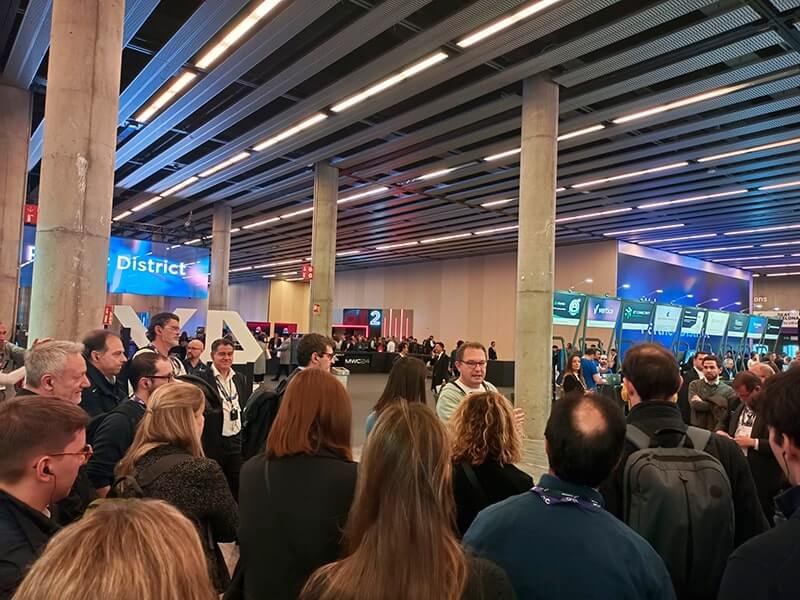
5G technology is vital because it enables high data concurrency in industrial environments such as factories. Additionally, creating private networks through “layering” allows them to be disconnected from the public network, thus enhancing security and reliability.
Edge Computing provides computing capacity in the cloud, which complements the current storage capabilities. The challenge lies in bringing the cloud closer to the node, bringing the power of the cloud directly to the product or process, thus optimizing performance.
Open Gateway, an initiative that has already been joined by more than 230 operators.
The Open Gateway initiative aims to provide developers with universal access to operators’ networks and facilitate the development of innovative solutions that meet people’s needs, where connectivity is the key axis.
6G will revolutionize the user experience.
One of the major highlights of the MWC has been 6G. For now, it is more a promise than a reality, but it has still been one of the most talked-about topics at the congress. 6G will be faster and more energy-efficient than 5G, allowing for an increased network capacity to support a much higher data flow.
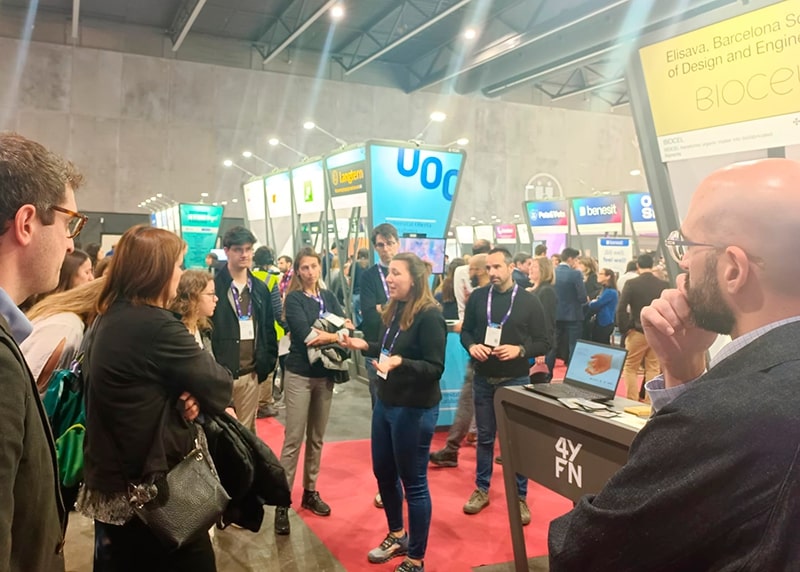
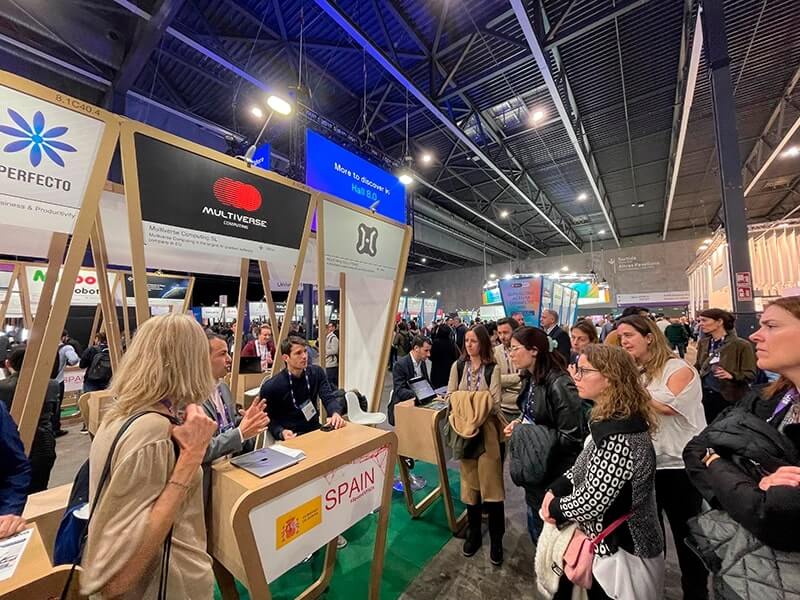
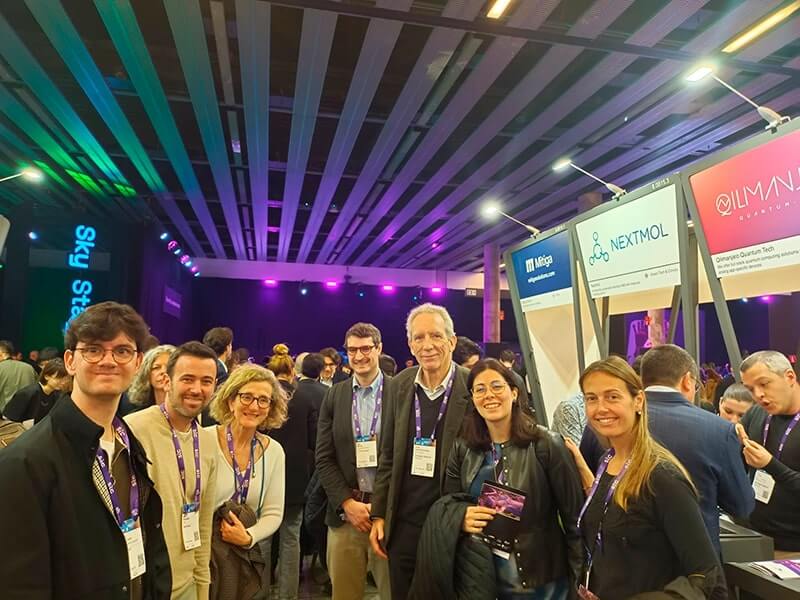
We leave the MWC and 4YFN 2024 with high doses of inspiration and the pleasant validation that the ecosystem of industrial startups is increasing, and we are finding more and more technological solutions that address the significant challenges of the industry, both in terms of sustainability and digitization.
